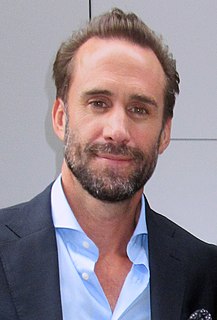A Quote by Nick Harkaway
Digitisation was supposed to lead to a great democratisation of access to creative work.
Related Quotes
I immensely enjoy any experience directing. I've never hated it, and I've had bad experiences. At the end of the day, I just feel like I'm supposed to be on a set. I'm supposed to be working with creative people. I'm supposed to be working with actors and I'm supposed to be manning a project in this capacity. It's interesting.
The greatest thing is the internet and that means that anybody, you have just as much access as I do. And you can make your little tape and work on it and work on it until you got it the way you want it. And then you can put it on the net. And if it's any damn good somebody's gonna notice. That's happened over and over again now. To me that's good. That's good access that isn't controlled by the companies. I think that's a great thing.
A young artist can become popular more quickly with the Internet providing instant access to ones work. That might lead to more opportunity and an accelerated career. But it seems as if funding may be harder to come by and filmmakers are being prompted to give away their work for free in hopes to become part of the conversation.







































